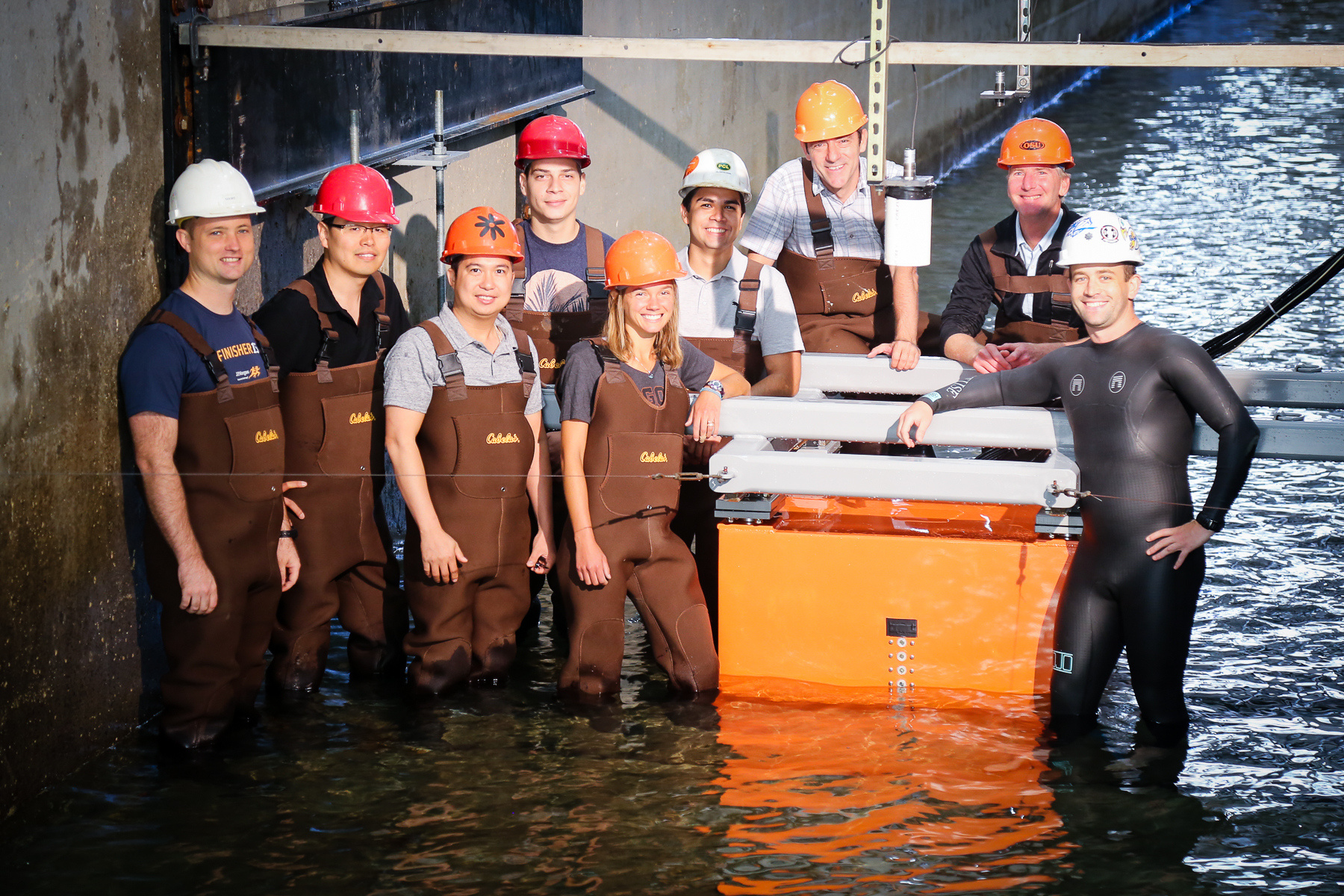CHNR programs place a high value on outreach and community engagement and the impacts that these bring. All research projects funded through the CRC must have identified end users as part of their project proposals and evidence of engagement between the PIs and end users is a requirement for multi-year funding. This culture has carried over to non-DHS funded projects as well.
Examples of significant community engagement and service/outreach activities are described below.
ADCIRC Prediction System™ Input to DOT
In recognition of the use of advanced computer forecasting coupled with the NC DOT’s decision support systems, the state, CRC, and private sector consortium that created this capability was awarded the 2024 Environmental Excellence Award by the US Federal Highway Administration
APSViz
APSViz is a webportal that visualizes complex computer simulations and is a key component of the ADCIRC Prediction System™. APSViz disseminates real-time coastal hazards information and enhances research productivity by making it easier to understand computer simulations and predictions of coastal hazards.
Building Resilient Infrastructure and Communities (BRIC)
Building Resilient Infrastructure and Communities Direct Technical Assistance (BRIC DTA) provides non-financial support to communities, territories and Tribal Nations that may not have the resources to begin climate resilience planning and project design on their own.
Coastal Probabilistic Hazard Assessment
The objective of this project was to extend and demonstrate the utility of GPMs to support the probabilistic estimation of coastal hazards, leveraging datasets from synthetic storm simulations made in support of recent FEMA coastal hazard studies.
Collaboratory for Coastal Adaptation over Space and Time
This project is a Research Coordination Network (RCN) to address grand challenges in coastal resilience.
Graduate Certificate in Natural Hazards Resilience
The 10-credit hour certificate program is focused on the study of natural hazards resilience. Emphasis is placed on the nexus between the threats and impacts of natural hazards, climate change, and disasters on human settlements and how individuals, organizations, communities, and larger systems of governance prepare for, respond to, mitigate against, recover from, and adapt to these events.
Guidelines for Dam Removal
This project seeks to create a cohesive standard for dam removal given that dams across the United States are aging and too often insufficiently maintained, threatening the communities they were intended to serve.
Joint Port Resilience Assessment Project
This project was established to develop a Port Resilience Assessment and Decision Guide to provide a holistic understanding of port operations, the infrastructure systems that support these operations, and analysis methods that can be utilized to understand functional resilience and support investment and other decisions.
Overcoming Constraints Applying CISA’s Infrastructure Resilience Planning Framework to Local and Regional Risk Reduction.
IRPF is a flexible framework that enables users to identify critical infrastructure, assess related risks, and develop and implement resilience solutions.
Plan Integration for Resilience Scorecard (PIRS)™
The Plan Integration for Resilience Scorecard (PIRS)™ is a tool to help communities address the challenges of natural disasters, resilience, and planning.
RI-CHAMP Helps Emergency Managers in Rhode Island
CRC works with researchers from the University of Rhode Island to develop and improve the Rhode Island Coastal Hazards, Analysis, Modeling, and Prediction website, RI-CHAMP.
Working with a Coastal Community on Coastal Adaptation Strategies in the Face of Chronic Flooding
This project is analyzing how government stakeholders and the broader public access and understand data and research on chronic coastal flooding.


